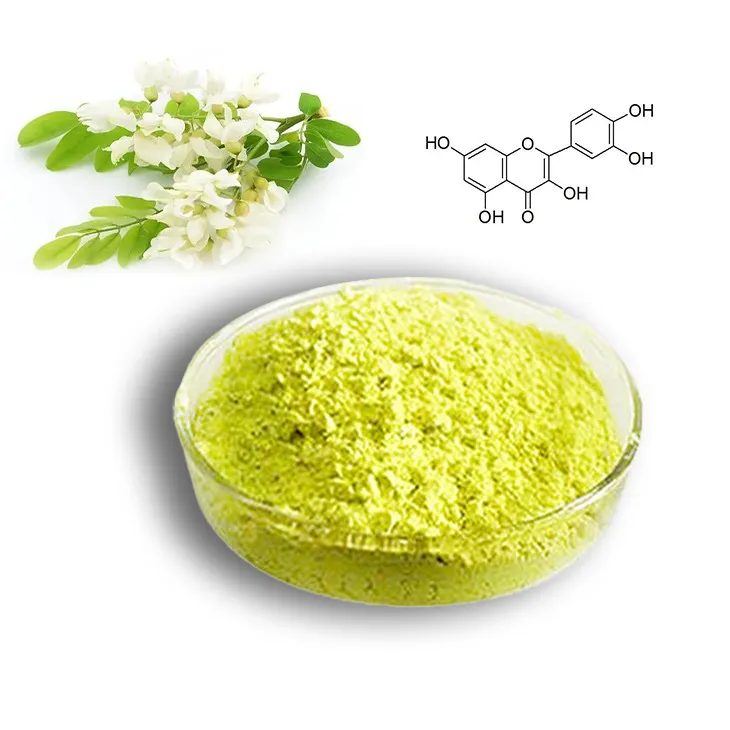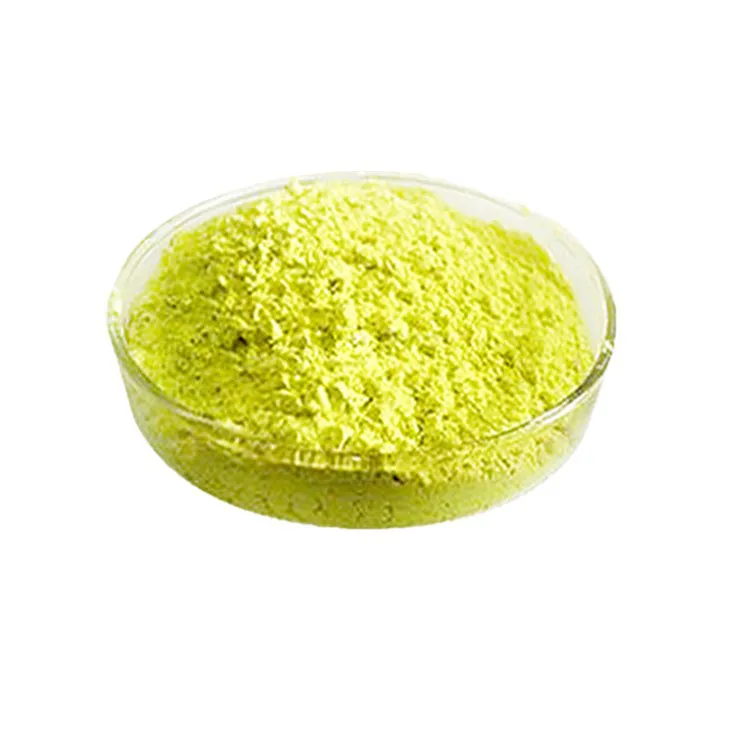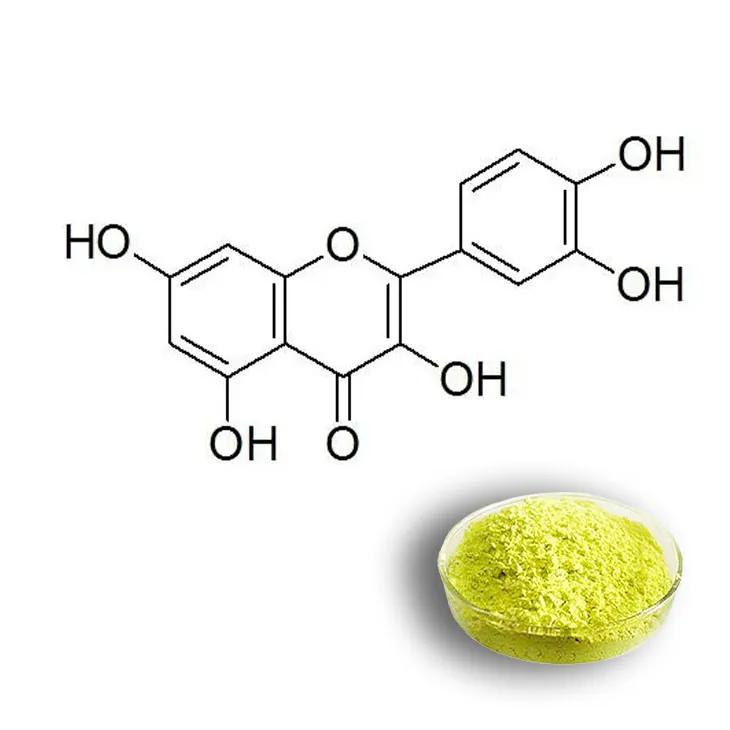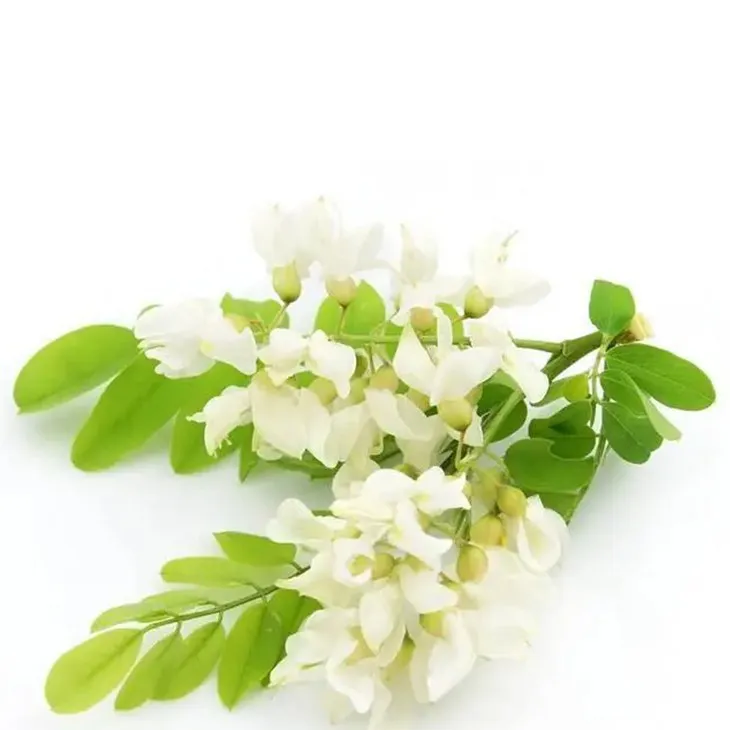- 0086-571-85302990
- sales@greenskybio.com
Benefits of Quercetin in Cattle Feed.
2024-11-12

Introduction
Quercetin, a natural flavonoid, has been garnering increasing attention in the field of animal nutrition, especially when it comes to cattle feed. This compound is found in various plants and has been studied for its potential positive impacts on cattle health and productivity. Antioxidant properties are among its most notable characteristics, which play a crucial role in the overall well - being of cattle.

Enhancement of the Immune System
1. Immune Defense Strengthening
- Quercetin has the ability to stimulate the immune system of cattle. It acts on various immune cells, such as macrophages and lymphocytes. Macrophages are the first line of defense against pathogens. Quercetin can enhance their phagocytic activity, meaning they are better able to engulf and destroy invading bacteria, viruses, and other harmful microorganisms.
- Lymphocytes play a key role in the adaptive immune response. Quercetin can modulate the function of lymphocytes, promoting a more effective immune response. For example, it can help in the production of antibodies, which are crucial for neutralizing pathogens. This is especially important in a farm environment where cattle are exposed to a variety of potential diseases.
- By strengthening the immune system, quercetin - supplemented cattle are more likely to resist diseases. Common diseases in cattle, such as respiratory infections and gastrointestinal disorders, can be better fended off. Respiratory infections are often caused by bacteria or viruses that can quickly spread among a herd. Cattle with a stronger immune system due to quercetin are less likely to succumb to such infections.
- In the case of gastrointestinal disorders, a healthy immune system can prevent the overgrowth of harmful bacteria in the gut. Quercetin also has direct antimicrobial properties in the gut, which further aids in maintaining a healthy balance of the gut microbiota and preventing diseases related to gut dysbiosis.

Improvement of Digestion and Nutrient Absorption
1. Digestive Tract Function
- Quercetin can have a positive impact on the function of the digestive tract. It can help in maintaining the integrity of the intestinal epithelium. The intestinal epithelium is a crucial barrier that separates the internal environment of the body from the contents of the gut. A healthy epithelium is essential for proper digestion and absorption of nutrients.
- It can also regulate the secretion of digestive enzymes. Digestive enzymes are necessary for breaking down complex food components into simpler forms that can be absorbed. For example, quercetin may enhance the secretion of amylase, protease, and lipase, which are involved in the digestion of carbohydrates, proteins, and fats respectively.
- When it comes to nutrient absorption, quercetin can improve the absorption of several important nutrients. For instance, it can enhance the absorption of minerals such as calcium, phosphorus, and iron. Calcium is essential for bone development and muscle function in cattle. Phosphorus is also important for bone health and energy metabolism. Iron is required for the formation of hemoglobin, which is responsible for oxygen transport in the blood.
- Quercetin can also improve the absorption of vitamins. Vitamins play various roles in the body, such as acting as co - factors in enzymatic reactions. By improving vitamin absorption, quercetin - supplemented cattle can have better overall health and growth performance.

Reduction of Oxidative Stress
1. Oxidative Stress in Cattle
- Oxidative stress occurs when there is an imbalance between the production of reactive oxygen species (ROS) and the body's antioxidant defenses. In cattle, various factors can lead to oxidative stress. For example, exposure to environmental pollutants, such as pesticides and heavy metals, can increase ROS production. Additionally, high - intensity production systems, which may cause stress in cattle, can also contribute to oxidative stress.
- ROS can damage cells and tissues. They can oxidize lipids in cell membranes, leading to membrane damage. They can also damage proteins and DNA, which can affect normal cell function and lead to various health problems in cattle.
- Quercetin, as an antioxidant, can neutralize ROS. It can donate electrons to ROS, converting them into less harmful substances. This helps in maintaining the balance between ROS production and antioxidant defenses in the body of cattle.
- By reducing oxidative stress, quercetin can protect cells and tissues from damage. It can preserve the integrity of cell membranes, ensuring normal cell function. This is beneficial for the overall health of cattle, as it can prevent or reduce the occurrence of oxidative - stress - related diseases, such as liver damage and muscle degeneration.

Conclusion
In conclusion, quercetin in cattle feed offers a range of benefits. It enhances the immune system, improves digestion and nutrient absorption, and reduces oxidative stress. These benefits contribute to better health and productivity of cattle. As the demand for high - quality livestock products continues to grow, the use of quercetin in cattle feed may become an increasingly important aspect of modern animal husbandry. However, further research is still needed to fully understand the optimal dosage, long - term effects, and potential interactions with other feed components. Overall, quercetin shows great promise as a valuable addition to cattle feed.
FAQ:
1. What is quercetin?
Quercetin is a natural flavonoid. It has antioxidant properties and can be added to cattle feed to bring various benefits.
2. How does quercetin enhance the immune system of cattle?
The exact mechanism is complex. But generally, its antioxidant nature may help regulate immune cells and responses in cattle, allowing them to be more resistant to diseases.
3. In what way does quercetin improve nutrient digestion and absorption in cattle?
It may interact with the digestive tract environment, perhaps by influencing the function of gut microbiota or the physiological state of the digestive tract cells, thus promoting better nutrient digestion and absorption.
4. Why is reducing oxidative stress important for cattle?
Oxidative stress can cause damage to cells and tissues in cattle. By reducing it, quercetin helps maintain the normal physiological functions of cattle, which is beneficial for their growth, health, and productivity.
5. Are there any potential side effects of adding quercetin to cattle feed?
Currently, there is no widespread evidence indicating significant side effects. However, more research is still needed to fully understand all possible impacts.
6. How much quercetin should be added to cattle feed?
The appropriate amount can vary depending on factors such as the age, weight, and health status of the cattle. More research and practical experience are required to determine the optimal dosage.
Related literature
- The Role of Quercetin in Animal Nutrition"
- "Quercetin: A Promising Additive in Cattle Feed for Health and Productivity"
- "Beneficial Effects of Quercetin on Cattle Immune System and Digestion"
- ▶ Hesperidin
- ▶ citrus bioflavonoids
- ▶ plant extract
- ▶ lycopene
- ▶ Diosmin
- ▶ Grape seed extract
- ▶ Sea buckthorn Juice Powder
- ▶ Beetroot powder
- ▶ Hops Extract
- ▶ Artichoke Extract
- ▶ Reishi mushroom extract
- ▶ Astaxanthin
- ▶ Green Tea Extract
- ▶ Curcumin Extract
- ▶ Horse Chestnut Extract
- ▶ Other Problems
- ▶ Boswellia Serrata Extract
- ▶ Resveratrol Extract
- ▶ Marigold Extract
- ▶ Grape Leaf Extract
- ▶ blog3
- ▶ blog4
- ▶ blog5
-
Organic Tongkat Ali extract powder factory.
2024-11-12
-
How to make powder with ashwagandha extract.
2024-11-12
-
Rosehip extract manufacturers from China.
2024-11-12
-
The best cat's claw extract in nature.
2024-11-12
-
Chinese Dandelion Leaf Extract Suppliers.
2024-11-12
-
Andrographis Paniculata Extract Powder
2024-11-12
-
Hesperidin
2024-11-12
-
Saw Palmetto Extract
2024-11-12
-
Okra Extract
2024-11-12
-
Rosemary extract
2024-11-12
-
Boswellia Serrata Extract
2024-11-12
-
Alisma Extract
2024-11-12
-
White Peony Extract
2024-11-12
-
Genistein
2024-11-12
-
Bilberry Extract
2024-11-12





















